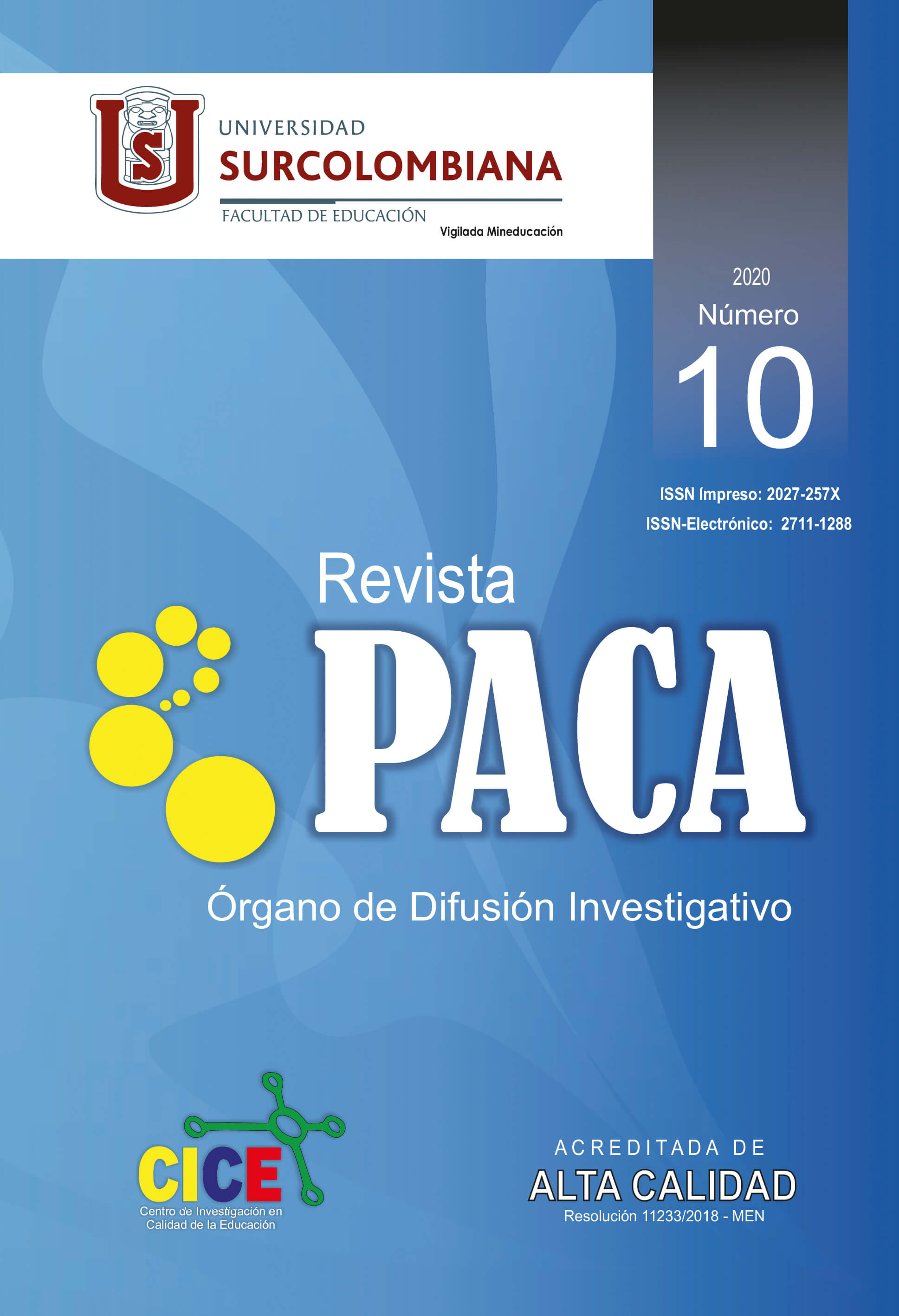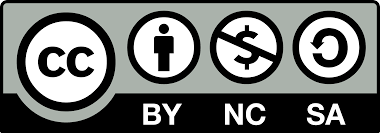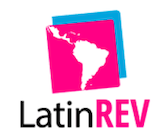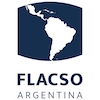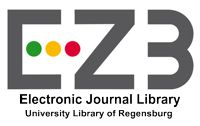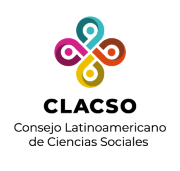Institutional self-assessment from the voices of the subjects
##plugins.themes.bootstrap3.article.main##
What is happening to the institutional self-assessment in the educative establishments of the public sector? Is there a culture of self-evaluation in the educative establishments? Is time to give a new meaning to the institutional self-assessment?
The institutional self-assessment is part of the activities ritual that are done by the teachers every year in the educative institutions supported by the Guía 34 issued by the government in 2008. This document developed from the strategic planning vision, and proposes three steps that include the selfassessment, improvement plan, and monitoring of the improvement plan; divide the school reality into four managements, nineteen processes and ninety-four components, based on the collecting and use of evidences.
This paper explores the reality of self-assessment process done in some educative establishments of the city of Neiva, and focuses its attention on one of the most representative of the local context. It uses techniques of documental analysis and focal groups to inquire from the voices of the subjects. It collects their perceptions of the process, the tensions between the normed and what is really happening in the territory of the school, and leads to new visions made up from the dialogue of knowledge among the subjects who are traditionally involved, with the presence of new parts that claims participation and inclusion. The participation of boys and girls deserve all the attention and recognition as subjects who are able to think “outside of the box” and proposes innovative solutions for the problems of their contexts, contributing to the resignification of the self-assessment process.
Downloads
##plugins.themes.bootstrap3.article.details##
Ayala Escobar, G. L. (2017). Modelo de autoevaluación institucional como estrategia de mejoramiento y uso de los resultados en la gestión por parte del equipo directivo de una institución educativa: Colegio Miguel Antonio Caro IED. Tesis de Maestría. (R. U. Libre, Ed.) Bogotá, Colombia. Recuperado el 19 de febrero de 2019, de https://repository.unilibre.edu.co/handle/10901/10312
Casassus, J. (2000). Problemas de la gestión educativa en América Latina. Pensamiento educativo, 27, pp. 281-324. Recuperado el 4 de diciembre de 2018, de https://biblat.unam.mx/es/revista/pensamiento-educativo/articulo/problemas-de-la-gestion-educativa-en-america-latina-la-tension-entre-losparadigmas-de-tipo-a-y-de-tipo-b
Heißenberger, P. (2016). Leadership for Primary Schools: An Examination of Innovation within an Austrian Educational Context. Global Education Review, 3(1), pp. 148-163. Recuperado en March de 2019, de https://eric.ed.gov/?id=EJ1090205
Jiménez-Domínguez, Bernardo (2000). “Investigación cualitativa y psicología social crítica”. Revista Universidad de Guadalajara No. 17, Dossier Investigación cualitativa en salud, disponible en: https://es.scribd.com/document/398527193/Jimenez-Dominguez-Investigacion-Cualitativa-yPsicologia-Social-Critica
Kitzinger, J., & Barbous, R. S. (1998). Introduction: The challenge and promise of focus groups. En Developing focus group research: politics, theory and practice. LONDON: SAGE. Recuperado en Julio de 2019, de https://books.google.es/books?hl=es&lr=&id=9Hh-NgmSezUC&oi=fnd&pg=PP2&dq=developing+focus+group+researchers:+politics,+theory+and+practice&ots=R6_A_s9R9c&sig=mTn1VCpGCbl6PlIpFGx3L4YLKkM#v=onepage&q=developing%20focus%20group%20researchers%3A%20politics%2C
Landi, N. E., & Palacios, M. E. (2010). La autoevaluación institucional y la cultura de la participación. Revista Iberoamericana de Educación, pp. 155181. Recuperado el 14 de marzo de 2019, de https://core.ac.uk/download/pdf/41563842.pdf
Martínez, M. C., Ramírez, S., Rodríguez Camargo, S. R., & Henao Guatavita, G. P. (2016). Autoevaluación Institucional en la educación básica y media en Colombia, período 1994 a 2014. Bogotá, Colombia: Universidad Santo Tomás. Recuperado el noviembre de 2018, de https://repository.usta.edu.co/bitstream/handle/11634/2192/Henaogloria2016.pdf?sequence=1&isAllowed=y
McKernan, J. (1999). Investigación-acción y curriculum. Madrid: Morata.
Ministerio de Educación Nacional (2008). Guía No. 34, Guía para el mejoramiento institucional de la autoevaluación al plan de mejoramiento. (M. d. Nacional, Ed.) Recuperado el octubre de 2018, de https://www.mineducacion.gov.co/1759/w3-article-177745.html?_noredirect=1
Murillo, P. (2008). La autoevaluación institucional: un camino importante para la mejora de los centros educativos. OGE. Universidad de Sevilla. Organización y Gestión Educativa. Revista del Fórum Europeo de Administradores de la Educación, 16(1), pp. 13-17. Recuperado el enero de 2019, de https://dialnet.unirioja.es/servlet/articulo?codigo=2522894
Ryan, T. G., & Telfer, L. (2017). A review of (elementary) school self-assessment processes: Ontario and beyond. International Electronic Journal of Elementary Education, IEJEE (3), pp. 171-191. Recuperado en enero de 2019, de https://iejee.com/index.php/IEJEE/article/view/226


